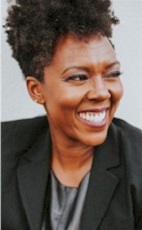
- Human Resources, Recruitment & Training
- How the Hospitality Industry is Rethinking Development for its Next Generation of Leaders
So where will we find the next generation of leaders in the hospitality industry? Like their counterparts in other business sectors, this question remains top-of-mind for those responsible for finding, managing, and developing the talent needed to ensure the vitality of their organizations. While, arguably, not as glamorous as a new guest amenity or as important as a cost-saving innovation, there is nothing more critical than talent to succeed in an increasingly competitive and challenging global business environment. Leveraging the best strategies and tactics related to talent management, succession planning, workforce planning, training and leadership development are, quite possibly, a company's most critical work. READ MORE



















